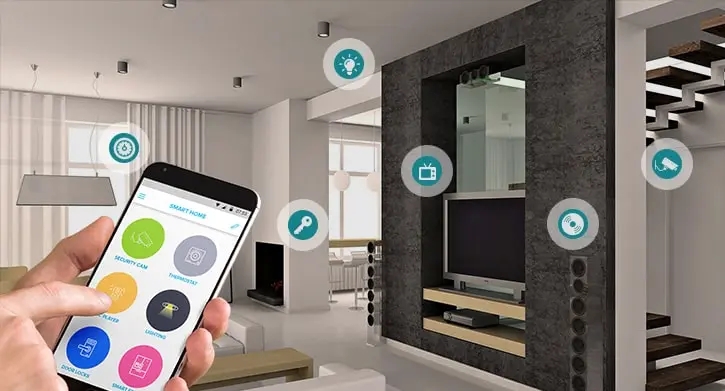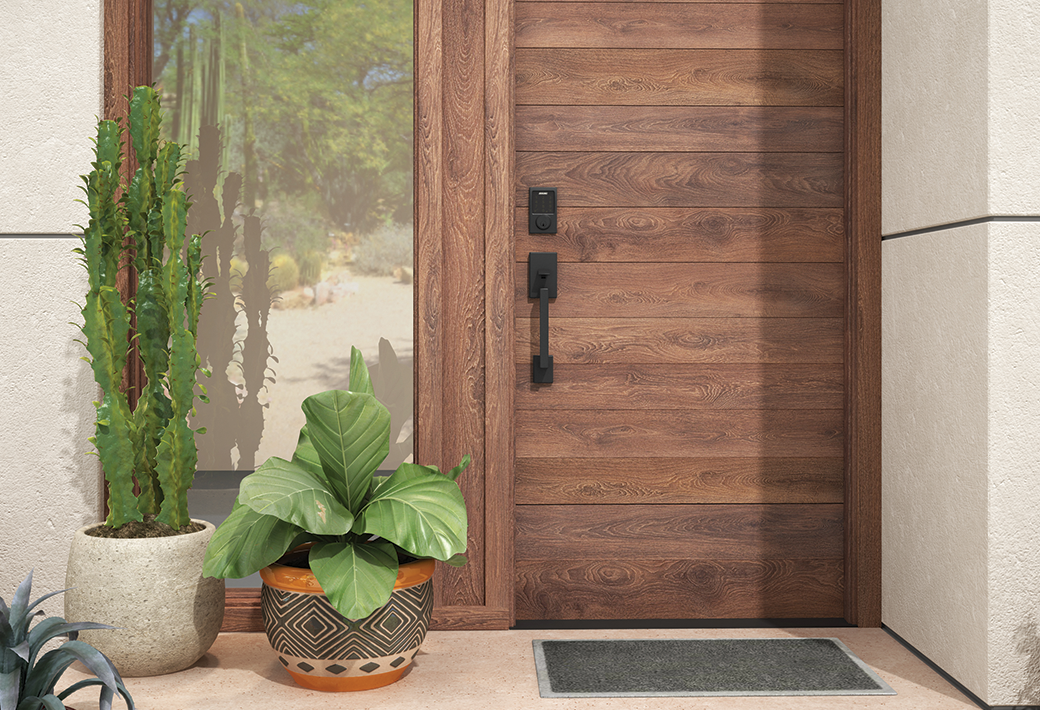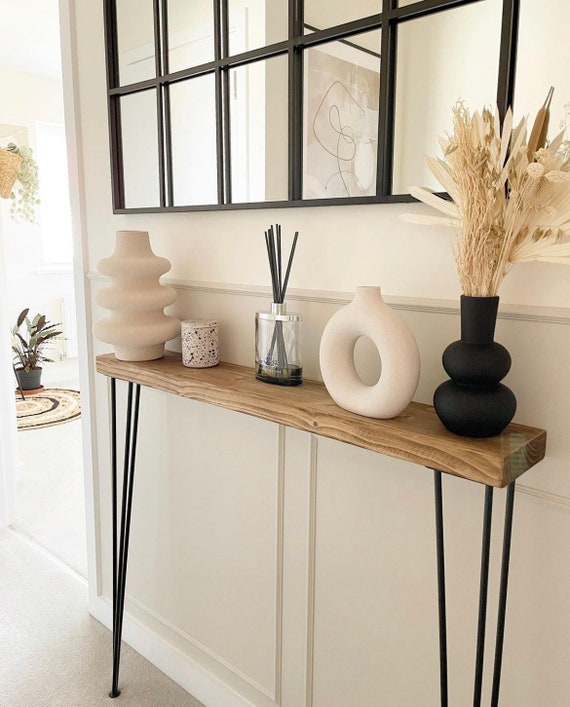
Cityscape Shift: Unveiling Urban Real Estate Trends
The urban real estate landscape is ever-evolving, shaped by societal shifts, technological advancements, and changing preferences. Explore the dynamic trends that are transforming city living and influencing the choices of homebuyers and investors alike.
Rise of Mixed-Use Developments
Urban areas are witnessing a surge in mixed-use developments, where residential, commercial, and recreational spaces coexist seamlessly. This trend reflects a desire for convenience, as residents seek to live, work, and engage in leisure activities within the same neighborhood. Mixed-use developments create vibrant urban hubs, fostering a sense of community and reducing the need for extensive commuting.
Emphasis on Sustainable Living
Sustainability has become a central focus in urban real estate trends. From green building designs to energy-efficient technologies, developers are incorporating eco-friendly elements into urban projects. Homebuyers are increasingly prioritizing environmentally conscious features, recognizing the long-term benefits of sustainable living in both reducing their ecological footprint and lowering utility costs.
Tech-Integrated Smart Homes
The integration of smart home technologies has become a defining feature in urban real estate. From intelligent security systems to automated climate control, tech-savvy homebuyers seek residences equipped with the latest innovations. Smart homes not only enhance convenience but also appeal to a modern lifestyle where connectivity and efficiency are paramount.
Remote Work Influencing Location Choices
The rise of remote work has significantly impacted urban real estate trends. With the freedom to work from anywhere, individuals are reconsidering their living arrangements. Suburban areas and smaller cities are gaining popularity as people seek spacious homes and a quieter environment. Urban real estate markets are adapting to this shift by offering flexible living spaces and reimagined urban planning.
Adaptive Reuse of Historic Buildings
Preserving the historical fabric of urban landscapes is a trend gaining momentum. Adaptive reuse projects, where historic buildings are repurposed for modern needs, contribute to the preservation of architectural heritage. These projects not only breathe new life into iconic structures but also add character and uniqueness to urban neighborhoods.
Inclusive and Diverse Community Planning
Urban planners and developers are placing a greater emphasis on inclusive and diverse community planning. The goal is to create neighborhoods that cater to people of all ages, backgrounds, and abilities. This trend involves designing public spaces, infrastructure, and amenities that promote accessibility, social interaction, and a sense of belonging for everyone in the community.
Wellness-Focused Living Spaces
The importance of wellness in urban living is gaining recognition. Real estate developers are incorporating wellness-focused features into residential projects, including fitness centers, green spaces, and mental health amenities. Homebuyers are seeking environments that contribute to their overall well-being, and urban real estate trends are responding with a holistic approach to living.
Flexible Housing Options
Flexibility is becoming a key factor in urban real estate trends, driven by changing lifestyles and economic uncertainties. Developers are offering flexible housing options such as co-living spaces, micro-apartments, and rentable workspaces. These alternatives cater to a diverse range of preferences and enable residents to adapt their living arrangements based on their evolving needs.
Digital Real Estate Transactions
The digitization of real estate transactions is transforming the buying and selling process in urban markets. Online platforms and virtual tours allow potential buyers to explore properties remotely, making the search for a new home more accessible. Digital innovations streamline the transaction process, from documentation to financing, enhancing efficiency and reducing traditional barriers.
Navigating the Urban Real Estate Landscape
In conclusion, the urban real estate landscape is experiencing a profound transformation shaped by a myriad of trends. From sustainability to technological integration, these shifts reflect the evolving needs and preferences of urban dwellers. Explore the unfolding trends in urban real estate at BreakingWrestlingNews.com and stay informed about the dynamic cityscape changes that are shaping the future of urban living.










